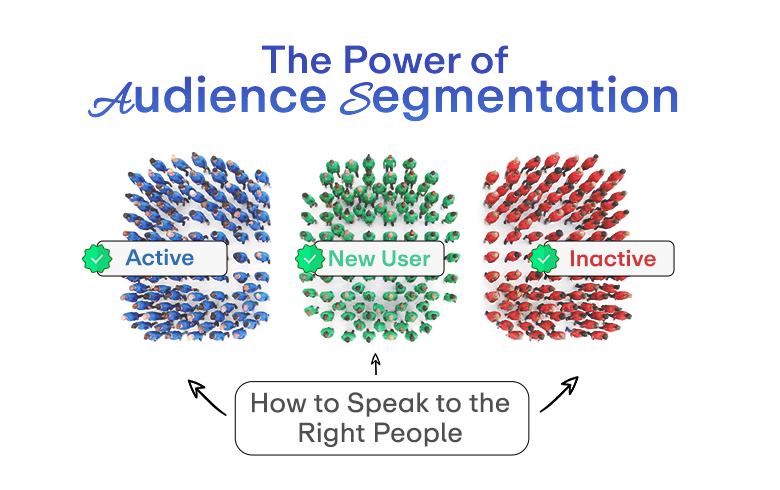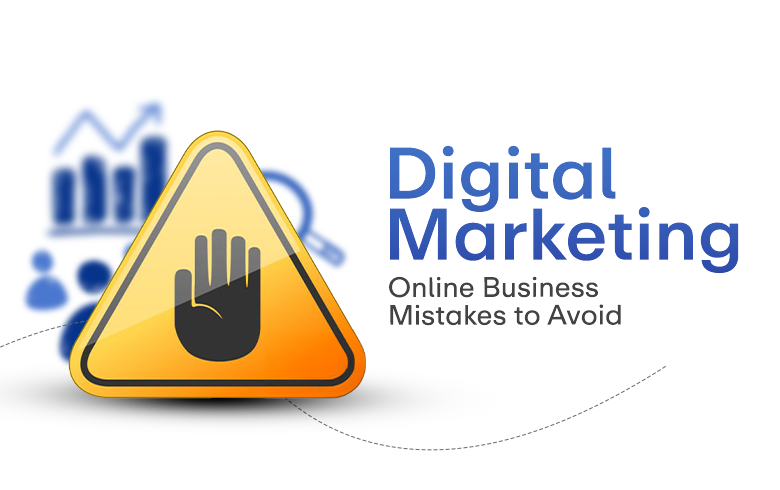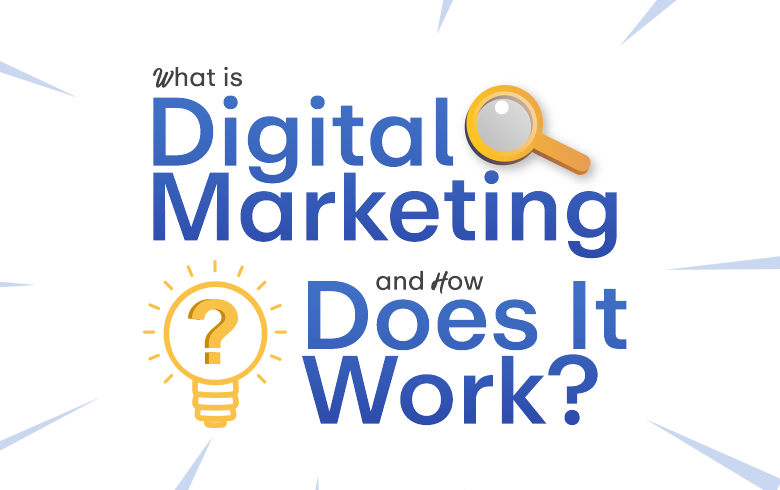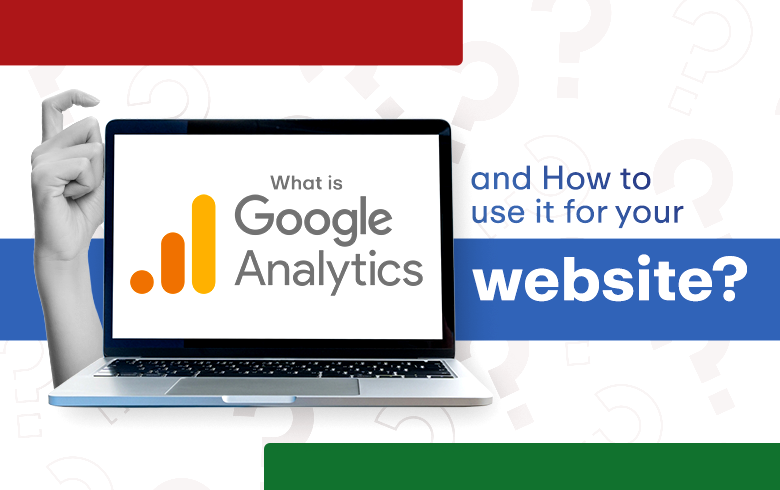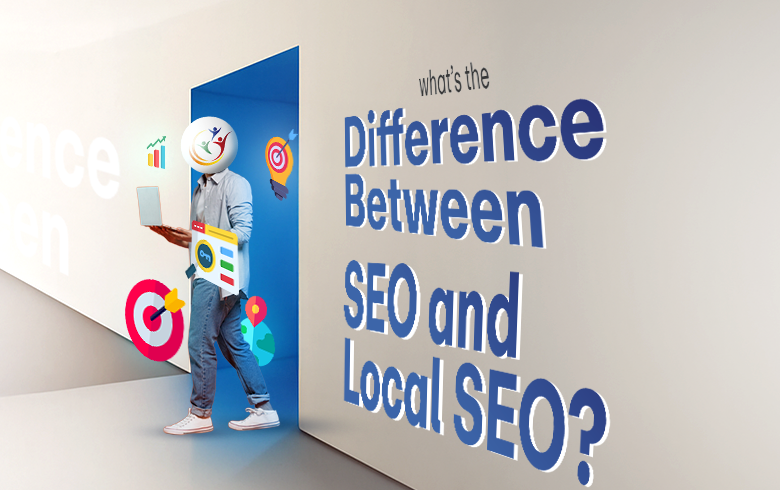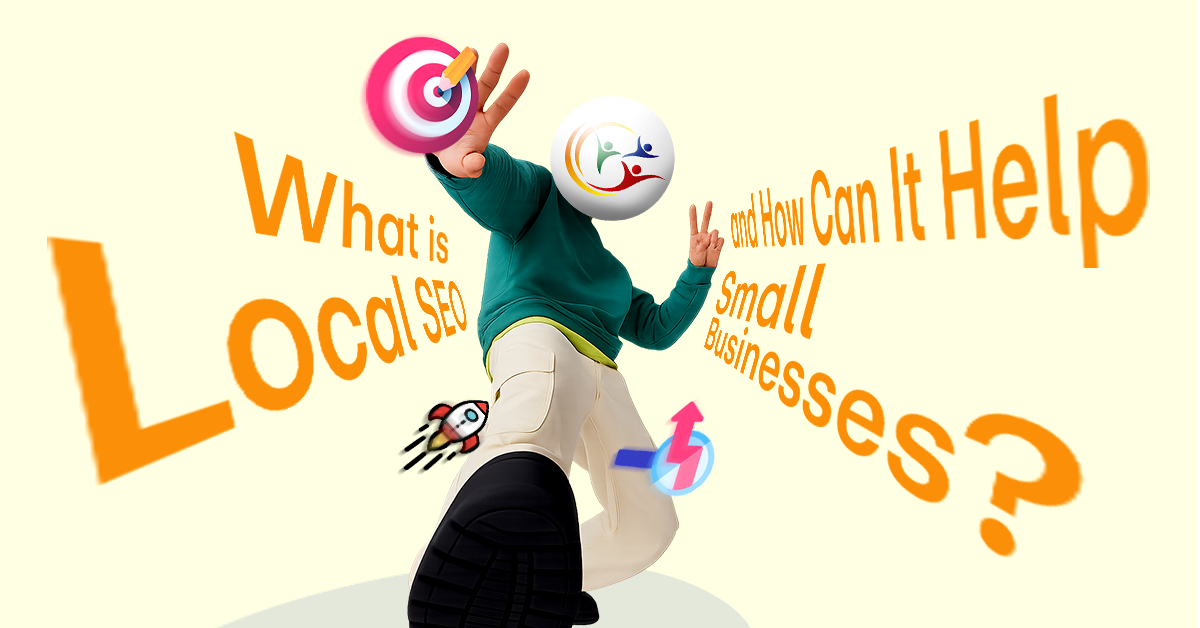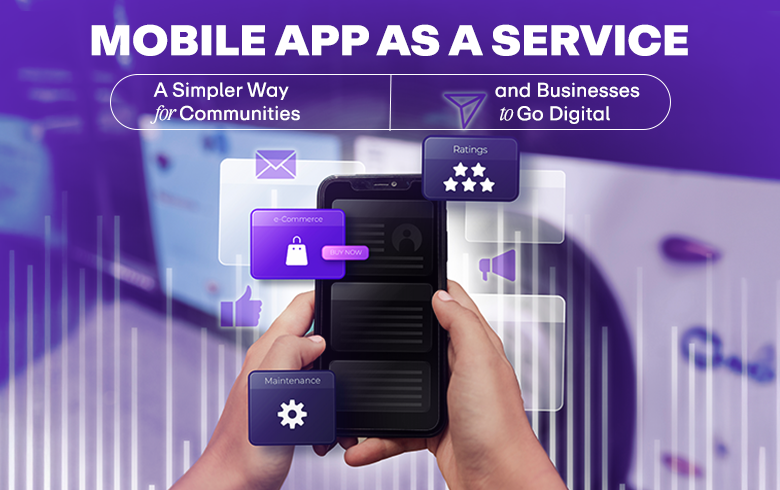Google Analytics is a free tool from Google that helps you track, measure, and understand how people interact with your website. In simple words, it tells you who is visiting your site, how they found it, what pages they are looking at, and what actions they take before leaving.
Imagine you own a store in a busy market. Every day, customers walk in, some buy something, some just look around, and some leave immediately. Without keeping track, you’d have no idea how many people visited, which products they liked, or what made them walk away. That’s exactly what Google Analytics does for your website it acts like a camera and notebook, recording everything about your visitors so you can make smarter decisions.
What is Google Analytics and How Does It Work?
At its core, Google Analytics works by collecting data from your website using a special piece of code. When you set up Google Analytics, you add a small tracking code to your website. This code collects information about visitors every time they land on your site.
The tool then organizes this data into reports that are easy to understand. These reports show things like how many visitors you got in a day, how long they stayed, which pages they viewed, and whether they completed important actions like filling out a form or buying a product.
So, what is Google Analytics in action? It’s like having a live dashboard that updates in real time, giving you a clear picture of what’s happening on your website right now.
Why Understanding Google Analytics Matters?
If you have a website, whether it’s for business, blogging, or even a personal project, you want to know if your effort is paying off. That’s where learning what is Google Analytics becomes important. It helps you move away from guessing and gives you actual numbers.
For example, instead of asking, “I wonder how many people read my blog yesterday?” Google Analytics gives you the exact number. It also shows where they came from, like Google Search, social media, or another website. This is powerful because it lets you focus on what’s working and improve what isn’t.
How Has Google Analytics Evolved Over Time?
When Google first launched Analytics in 2005, it was designed for simple traffic tracking. Over the years, it has grown into one of the most advanced analytics platforms in the world. Today, Google Analytics not only tracks visits but also connects with tools like Google Ads, Search Console, and YouTube to give you a complete picture of your online presence.
The latest version, Google Analytics 4 (GA4), is designed to be future-proof. It focuses more on events, meaning it doesn’t just count visits but also tracks specific actions like clicks, video views, or downloads. When asking “What is Google Analytics” today, the answer is bigger than ever it’s a digital compass for your online strategy.
What Are the Key Features That Explain Google Analytics?
When people ask “What is Google Analytics,” they’re usually curious about what it can actually do. Here are some of its most useful features explained in plain language:
One major feature is audience insights. This tells you who your visitors are, including their age, location, and even the type of device they’re using. If most of your audience visits from mobile, you’ll know to make your website mobile-friendly.
Another feature is traffic sources. Google Analytics shows where your visitors are coming from. It could be search engines, social media, email, or paid ads. This helps you identify which marketing channel brings the most value.
Then there’s behavior reports. These show what people do on your site what pages they visit first, how long they stay, and where they drop off. For example, if many visitors leave after landing on your pricing page, maybe the information is confusing or the design needs improvement.
Finally, conversion tracking is a game changer. It lets you measure how many people are completing your goals, like making a purchase or signing up for a newsletter. This is where “What is Google Analytics” turns into “How do I grow my business with it.”
What are the benefits of using Google Analytics ?
The true power of Google Analytics lies in the benefits it brings to you as a website owner.
First, it saves time. Instead of guessing or running surveys, you instantly see what’s happening. Second, it saves money. By knowing where your best traffic comes from, you can focus your budget only on channels that actually work. Third, it helps you improve user experience. If you notice people leave your site quickly, that’s a sign something is wrong, and you can fix it.
Above all, understanding what is Google Analytics gives you confidence. You stop running your website blindly and start steering it with real information.
Practical Examples To Understand What is Google Analytics
Let’s say you run an online bakery. By using Google Analytics, you discover most of your traffic comes from Instagram. That tells you to put more energy into posting delicious cake photos there.
Or imagine you run a travel blog. Analytics shows that visitors spend more time on your articles about Europe than Asia. Now you know to write more about Europe because that’s what your readers love.
This is why the question “What is Google Analytics” is best answered with examples,it’s a tool that adapts to your unique goals and gives you clues to grow.
What is Google Analytics and How Do You Get Started?
The good news is that getting started with Google Analytics is not complicated. You simply create a free account, connect your website, and add the tracking code. Once installed, the tool starts collecting data immediately.
Even though the reports may seem overwhelming at first, you don’t need to understand everything right away. Start by focusing on basic reports, like total visitors, traffic sources, and popular pages. Over time, as you get more comfortable, you can dive into advanced features like event tracking and custom dashboards.
The secret is consistency. Once you know Google Analytics, the real value comes from checking it regularly and making small improvements based on the data.
What is Google Analytics in the Context of GA4?
Google Analytics 4, the latest version, has brought many changes. Instead of just looking at page views, GA4 pays attention to events. An event can be anything like clicking a button, watching a video, or scrolling down a page. This gives you more details about how users actually interact with your site.
Another big change is privacy. With stricter laws about data collection, GA4 is designed to respect user privacy while still giving you insights. This means the answer to “What is Google Analytics” today is very different than it was ten years ago it’s smarter, more flexible, and ready for the future of the internet.
What Is the Future of Google Analytics?
The digital world changes quickly. More people are browsing on mobile, using apps, and expecting faster websites. Google Analytics is adapting to all of this. The future will likely include more machine learning, which means the tool will not just show data but also make predictions. For example, it might tell you which visitors are most likely to buy from you.
So, when you ask “What is Google Analytics,” you’re not just asking about a tool you’re asking about a system that evolves with technology and keeps giving you new ways to grow online.
As Google Analytics continues to evolve with machine learning and predictive insights, small businesses need more than just data ,they need strategies to act on it. That’s where MyCommunity’s digital marketing services step in, helping you turn analytics into real growth through smarter campaigns, stronger engagement, and measurable results. We make sure your business isn’t just tracking numbers, but actually converting them into opportunities.
Q.1. What is Google Analytics for beginners?
A.Google Analytics is a free tool from Google that shows you what’s happening on your website. It tells you how many people visit, where they come from, what pages they look at, and what they do before leaving. Think of it as a report card for your website.
Q.2.Is Google Analytics free to use?
A. Yes, Google Analytics is completely free for most users. There is also a paid version called Analytics 360 for very large businesses.
Q.3. Do I need to know coding to use Google Analytics?
A. Not at all. You only need to copy and paste a tracking code once. After that, you can view reports without coding
Q.4.How to use Google Analytics for SEO?
A.You can use Google Analytics to boost SEO by checking:
Which keywords or search engines bring visitors.
Which blog posts or pages get the most traffic.
How long people stay on your site and where they leave.
Q.5.Can Google Analytics track sales?
A.Yes, you can set up conversion tracking to measure sales, sign-ups, or any goal important to your business.





